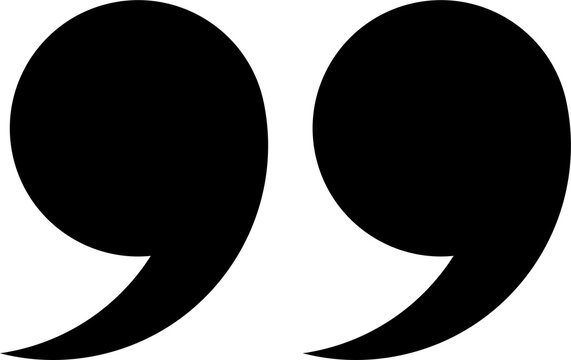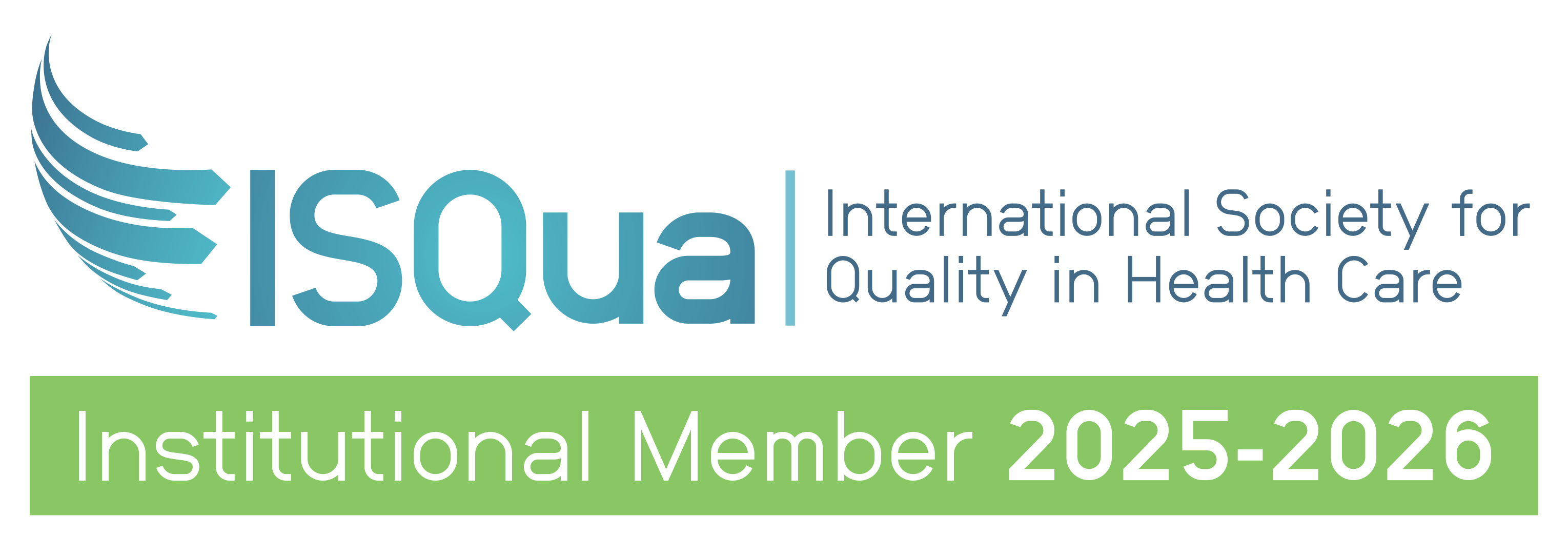
QI In Action: Empowering Culturally and Linguistically Diverse Patients with Virtual Care Technology
QI Awards 2024 applications are closing soon!
Looking to get inspired for the QI Awards this year? Read this summary of an exemplar project submission by QI Award Winner 2023, Northern Sydney Local Health District - Primary and Community Health (NSLHD).
Innovative Approaches to Care to Support Minority Groups across Sydney
The Non-clinical Service Delivery award recognises improvement and innovation in healthcare that improve upon patient services and/or organisation-wide practice. The 2023 QI Award Recipients at the NSLHD with their project titled, ‘From words to images: Implementing Video Interpreting’, was developed to implement modern, timely, safe and effective video interpreting services to support Culturally and Linguistically Diverse (CALD) patients, and those with hearing impairments. Such services are crucial in the community as it is reported that in the NSLHD alone, 30 per cent of residents speak a language other than English at home, and a further 15 per cent reported having limited or no proficiency in English (NSLHD Strategic Plan 2022-2027, 2022).
By implementing virtual interpreting services, the goal was to enable these patients to make better informed decisions about their treatments and to be an active participant in their own care. Moreover, the provision of virtual care technology led to the better utilisation of labour resources, reducing the need for interpreters to travel and increasing their service availability and readiness.
Addressing the Barriers of Care for Culturally and Linguistically Diverse Patients
Consumers from CALD backgrounds experience several barriers to accessing health services. These include language barriers, lower health literacy, and unfamiliarity with the Australian healthcare system, which are factors that contribute to poorer health outcomes (Australian Institute of Health and Welfare 2023). While telephone interpreting is available, interpreters are unable to observe crucial non-verbal cues that provide meaning and context to the communication. Video interpreting is more effective for lengthy or complex consultations and when visual aids are being utilised. It can also be more personal as it helps build rapport with the interpreter and clinician.
With the NSHLD covering an area of 900 square kilometres, interpreters travel long distances to attend onsite appointments. This coupled with increasing demand for interpreting services puts a significant strain on interpreter services and the availability of interpreters across the district. Virtual technology provides clear benefits for consumers, interpreters, and NSLHD.
.jpg)
Winning the ACHS Non-Clinical Service Delivery Award has been an honour and a testament to Northern Sydney Local Health District (NSLHD)’s efforts to make healthcare more accessible to the Culturally and Linguistically Diverse community. The project detailed the main steps for implementing Video Interpreter Services in clinical settings while promoting Virtual Care technology and empowering local services to drive innovative changes.
Bruno Villamea Santos
Virtual Care Change Officer, NSLHD Executive Operations
Update from the NSLHD Team – Continuing the Innovative Work
The recognition brought by the ACHS award resulted in increased interest in Video Interpreting and Virtual Care. The project team has since been invited to present in several departmental meetings and working groups – including the NSLHD Multicultural Access Committee. The project achievement was shared widely within NSLHD’s internal communication channels and the NSW Health network, resulting in a new dedicated intranet page about Video Interpreting for NSLHD staff.
With the methodology and technology documented, NSLHD is now challenging the boundaries of Video Interpreting in Health. The NS Breast Screening Unit has just won the 2024 NSLHD Quality Improvement Award with the project “Beyond Language: Breast Screening for Multicultural Women”. The project implemented a cost-effective and sustainable pathway to breast screening for multicultural women using video interpreting (a short video is available here), including during clinical procedures and examinations.
.jpg)
We extend our appreciation to the Western Sydney Local Health District's Health Care Interpreter Service for their invaluable support and expertise throughout this project. Their partnership was instrumental to the project’s success.
Bruno Villamea Santos
Virtual Care Change Officer, NSLHD Executive Operations
Finally, the acknowledgement from such a prestigious award has been a motivator, encouraging the NSLHD Operations team to continue pursuing Quality Improvement projects. Following up on the CALD cohort focus, the Virtual Care team is now developing strategies to Support the Uptake of Virtual Care in the LGTBQIA+ Communities. The program to provide equitable Virtual Care will continue much to the validation and visibility our team received from ACHS. It was an honour to be awarded and the team is incredibly grateful for the recognition.
Submissions for the QI Awards 2024 close on Friday, 6 September 2024 at 5pm (AEST).
The Awards provide an opportunity to share patient-focused innovation and communicate their quality improvement achievements to the healthcare industry.
We are excited to launch this year's awards in conjunction with the ACHS 50th year anniversary, which honour our history and milestones. We can't wait to welcome the winners of the QI Awards 2024 to our celebrations.
Apply now and get national recognition for your improvement initiatives.

